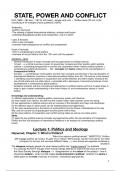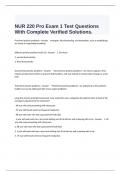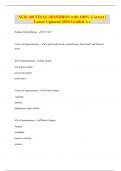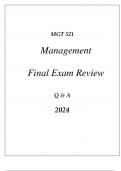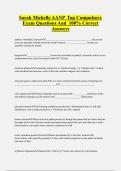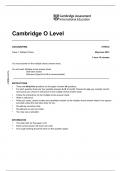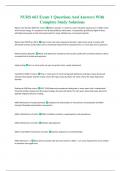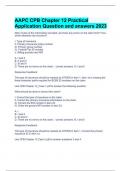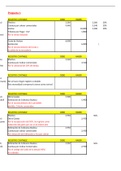College aantekeningen
State, Power and Conflict COMPLETE notes + slides + summary of the books
- Vak
- S_SPC
- Instelling
- Vrije Universiteit Amsterdam (VU)
complete summary of every lecture, including slides, questions, notes and summary of the mandatory readings (Politics, The making of global international relations origins and evolution of IR at its centenary and Understanding Global Conflict and Cooperation: An Intro- duction to Theory and Histo...
[Meer zien]
